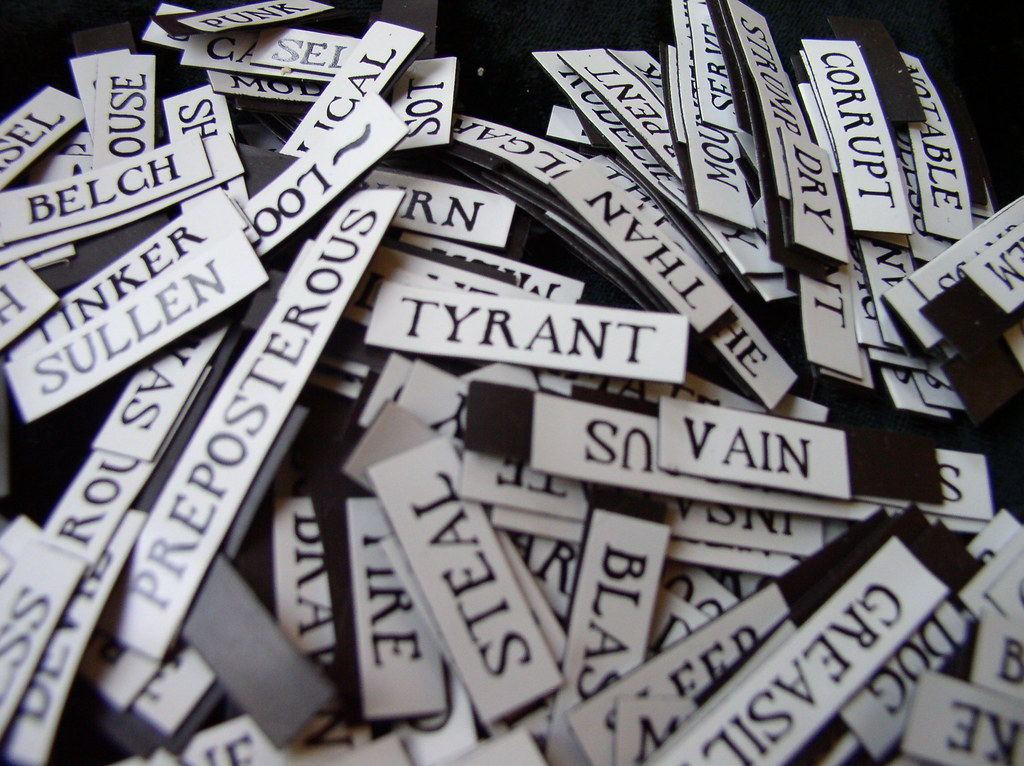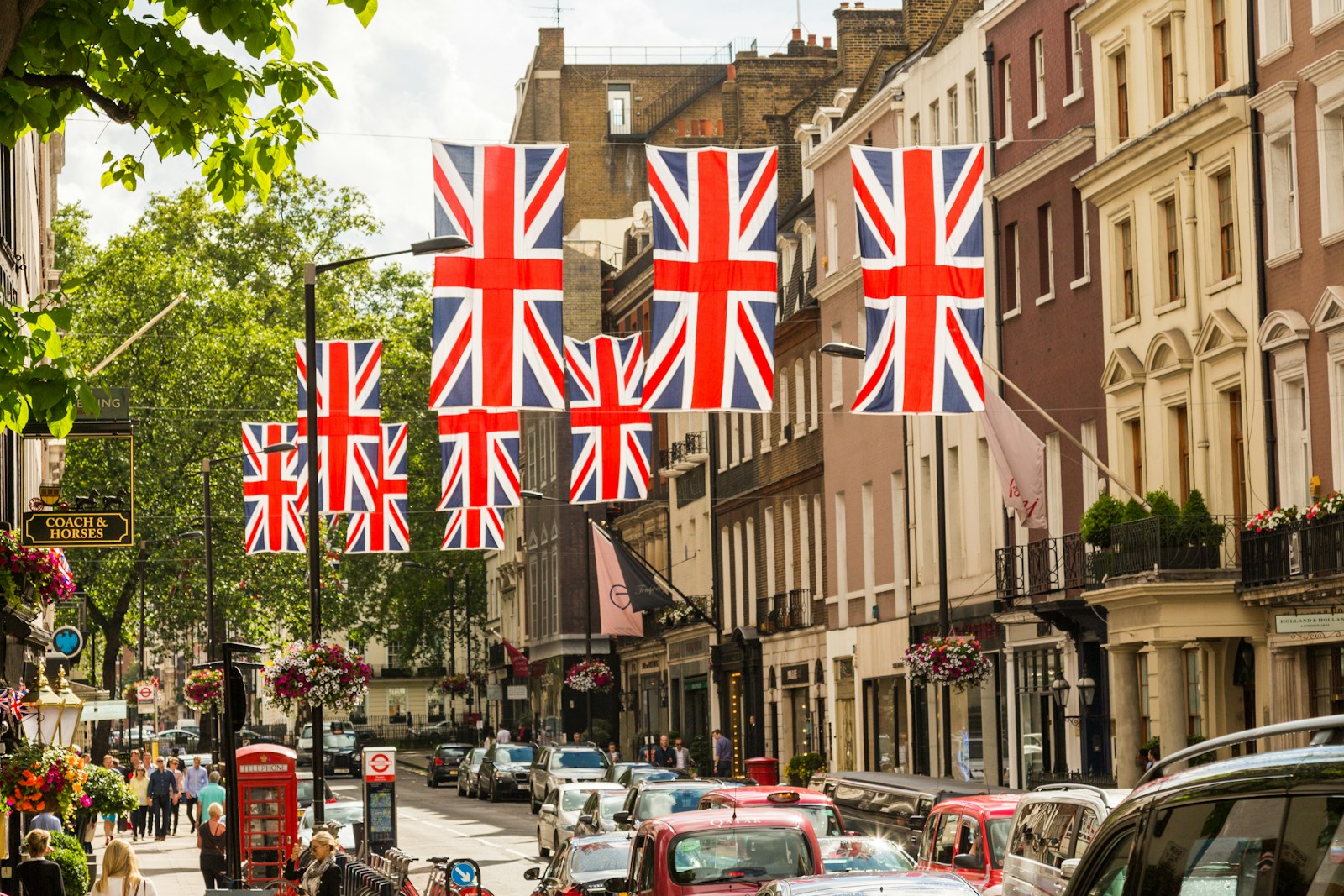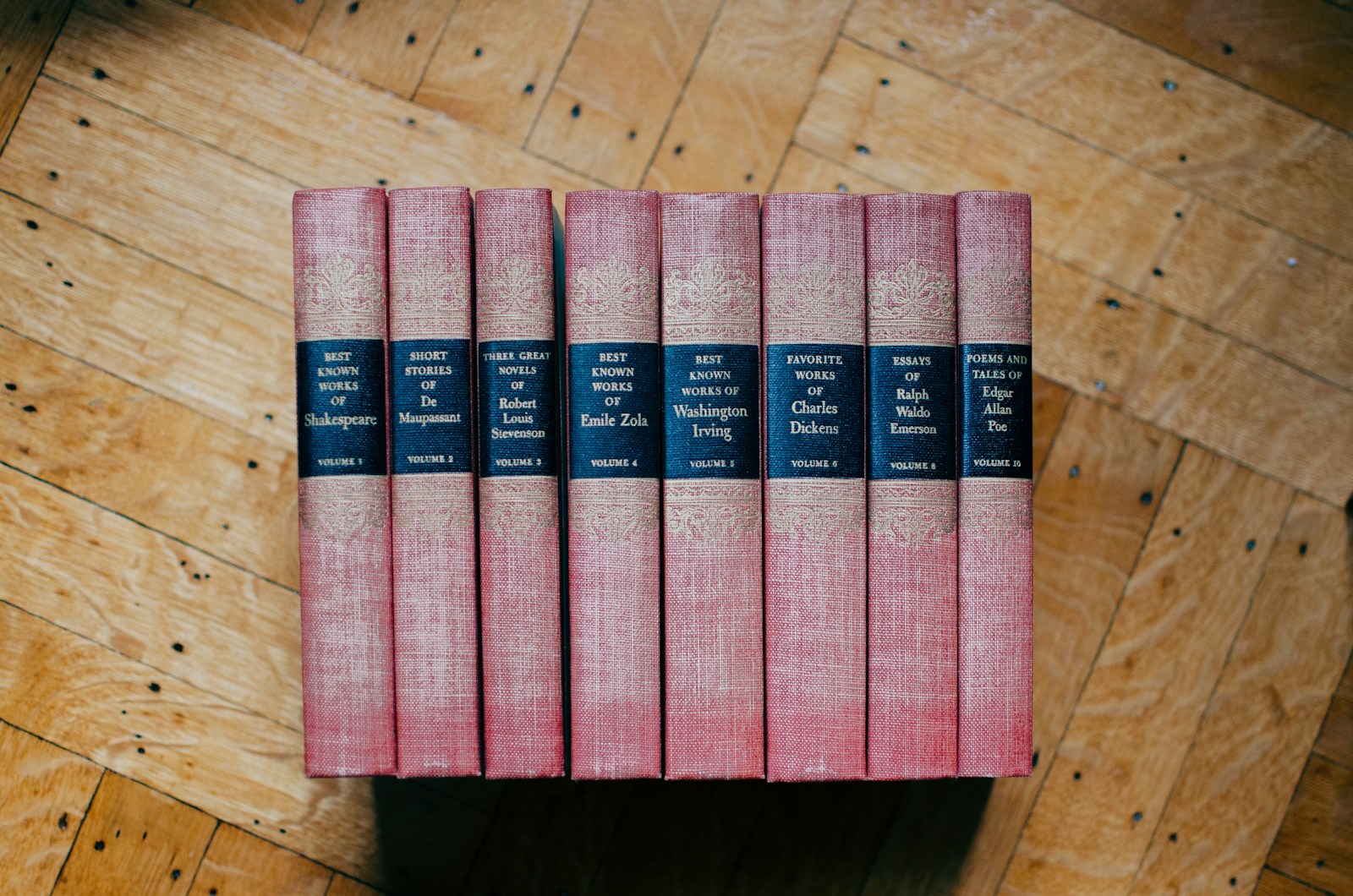
Introduction to Elizabethan Insults
Ah, the art of the insult! It’s a craft that has flourished throughout history, and no one quite mastered it like William Shakespeare. The Bard had a way with words that could slice through ego and leave a lasting sting—often laced with poetic brilliance that makes even the most biting remarks seem elegant. In today’s world of social media spats and witty comebacks, why not take a page from Shakespeare’s book? Let’s dive into the world of Elizabethan burns, exploring how to insult someone with the same flair and creativity that Shakespeare did.
The Language of Insults
Before we start crafting our scathing remarks, it’s crucial to understand the lingo. Elizabethan English may be a bit outdated, but its richness and expressiveness can breathe life into any insult. Shakespeare often played with puns, alliteration, and metaphors, creating insults that were not only offensive but also clever and memorable.
Here are some key elements to consider:
1. Vocabulary
Shakespeare’s language is peppered with delightful words and phrases that have either faded from use or evolved in meaning. Words like “knave,” “pestilence,” and “mangy” can be resurrected to give your insults a historical flair.
2. Structure
Shakespeare often used iambic pentameter in his plays. While you don’t need to strictly adhere to this form, a rhythmic structure can make your insults sound more poetic and less like an off-the-cuff remark.
3. Wit
Shakespeare was a master of wit. He often employed clever wordplay and double entendres, so don’t shy away from using puns or ironic statements.
Classic Shakespearean Insults
Let’s look at some classic insults from Shakespeare’s works that can serve as inspiration. You can adapt these to suit your modern context.
- “Thou art as fat as butter.” – This line from Henry IV, Part 1 is straightforward yet effective. A modern adaptation could be “You’re as bloated as a Thanksgiving turkey.”
-
“Thou art a boiled sheep.” – A delightful way to call someone dull. You could modernize it to “You’re as exciting as a soggy slice of bread.”
-
“Thou art a knave—a very villainous knave!” – This is a bit more straightforward. Try “You’re such a schemer, even your plans have plans.”
Crafting Your Own Shakespearean Insults
Armed with knowledge of Shakespeare’s language, let’s explore how you can create your own insults. Follow these steps:
1. Identify Your Target
Think about what you want to insult. Is it someone’s intelligence, appearance, or social skills? Knowing your target can help you tailor your insult.
2. Choose Your Weapon
Will you use a metaphor, a simile, or perhaps an absurd image? For example, if you want to insult someone’s punctuality, you might say, “You’re slower than a tortoise on a lazy day.”
3. Add Some Flair
Now, let’s sprinkle in some Elizabethan vocabulary. Instead of simply calling someone lazy, you might say, “Thou art a slothful lout, as useless as a sack of rocks.”
4. Final Touches
Consider the rhythm of the insult. A good flow makes it more impactful. Read it out loud—does it have a nice ring to it? If not, tweak the wording until it does.
Examples of Modern Insults with an Elizabethan Twist
Now that you know how to craft your own insults, here are some examples that blend modern themes with Shakespearean flair:
- “You have the charm of a hedgehog in a balloon factory.”
This metaphor compares someone’s personality to an awkward situation, conveying a sense of discomfort and inelegance. -
“Your wit is as sharp as a marble.”
A play on the idea that someone lacks intelligence, this insult implies their brainpower is nonexistent. -
“Thou art a pox upon my day!”
Perfect for when someone is being particularly annoying. It conveys your displeasure with a touch of dramatic flair. -
“If ignorance is bliss, thou art the happiest fool in the land.”
A clever way to point out someone’s lack of knowledge while wrapping it in a compliment.
The Importance of Delivery
A Shakespearean insult isn’t just about the words you choose. The delivery is just as crucial. Here are a few tips to ensure your insults land effectively:
1. Timing
Just like in a Shakespearean play, timing is everything. Choose the right moment to deliver your insult; the element of surprise can enhance its impact.
2. Tone
Your tone of voice can change how an insult is received. A dramatic, exaggerated tone can amplify the absurdity of your insult, while a deadpan delivery might make it seem even more cutting.
3. Body Language
Don’t underestimate the power of body language. An eye roll, a raised eyebrow, or a theatrical gesture can help convey the full weight of your words.
When to Use Shakespearean Insults
While it can be tempting to pepper your daily conversations with clever barbs, it’s essential to consider the context. Here are some scenarios where a Shakespearean insult might be appropriate:
1. Friendly Banter
If you’re with friends who enjoy playful teasing, a well-placed insult can spur laughter and camaraderie.
2. Performance Art
If you’re part of a theater group or just want to entertain, delivering an insult in the style of Shakespeare can be a fun and creative way to engage an audience.
3. Literary Discussions
For book clubs or discussions centered around Shakespeare, employing these insults can spark conversation and add humor to the analysis.
When Not to Use Shakespearean Insults
Conversely, there are times when a sharp tongue might not be welcome:
1. Serious Situations
In professional or serious contexts, using insults can come off as disrespectful or confrontational.
2. Sensitive Relationships
If you’re dealing with someone who might take offense or is sensitive, it’s best to keep your Shakespearean wit to yourself.
Conclusion: Mastering the Art of the Insult
The ability to insult someone with the elegance and poise reminiscent of Shakespeare is a delightful skill. Not only does it allow for creative expression, but it also brings a sense of humor into our interactions. Whether you’re aiming for mild ribbing among friends or a more theatrical presentation, remember to keep it clever, playful, and above all, artistic.
So, the next time someone tests your patience or tries your nerves, take a moment to channel your inner Bard. Who knows? You might just become the Shakespeare of your social circle—capable of delivering well-crafted burns that leave everyone laughing, rather than feuding. Happy insulting!


